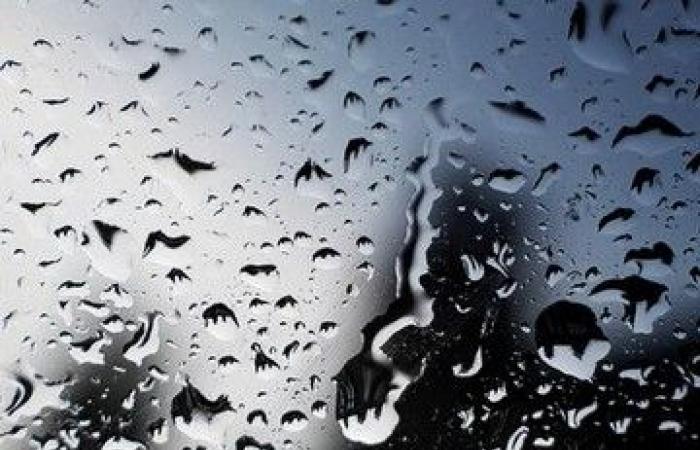It is recommended to observe the good behavioral rules indicated by the Civil Protection.
WHAT TO DO IN THE EVENT OF A STORM:
Associated with thunderstorms, lightning is one of the most fearsome dangers. Most accidents caused by lightning occur outdoors: the mountains are the most at-risk places, but so are all large and exposed places, such as a lawn or a football field, especially in the presence of water, such as the sea, beaches, piers, jetties, outdoor swimming pools. In reality, there is a residual risk associated with lightning even indoors.
Outdoors
• No place is safe outdoors, so the first thing to do is to quickly get to an indoor place and wait at least 30 minutes after the last thunder before resuming outdoor activities. In the absence of a building, seek shelter inside the car with the doors and windows closed and with the radio antenna possibly lowered.
• The preferred targets are those that are tall (trees, poles, pylons) or in any case protrude from a lower surrounding environment (even a single person in a large, flat place, such as a meadow or a beach), and those with a pointed shape ( umbrella, fishing rod, etc.).
• If you are forced to remain outdoors and cannot quickly reach safe shelter, move away from points that protrude significantly, such as poles or trees, and do not seek shelter there, especially if they are isolated and higher than the surrounding vegetation. In your turn, try not to constitute the highest presence in the place that surrounds you.
• Metal does not attract lightning, therefore it is not dangerous to wear or hold small metal objects (watch, keys, necklaces, earrings, etc.). However, metal is a good conductor of electricity: it is therefore important to stay away from particularly large metal objects (nets or fences, railings, steps or stands, ropes or ladders, etc.). If a structure like these is struck by lightning, the metal can conduct current to the person standing in contact with it or in the immediate vicinity. For the same reason, it is advisable to stay away from water (moving away from the shore of the sea or a lake) if a storm is raging nearby.
In home
The risk of lightning is greatly reduced, but follow some simple rules during a storm, keeping in mind that a building is a safe place, as long as you do not come into contact with anything that can conduct electricity:
• avoid using electrical appliances and landline telephones. If you need to communicate, you can use your mobile phone or cordless phone. Keep electrical appliances turned off (even better by unplugging them), especially televisions, computers and household appliances;
• do not touch metal elements connected to the outside, such as pipes, cables, tubes and electrical systems;
• avoid contact with water (postpone operations such as washing the dishes or taking a shower until the end of the storm; in most cases you just need to be patient for an hour or two);
• do not stay under canopies, balconies, sheds, pavilions, gazebos and verandas which are not safe places. Instead, take shelter inside the building, keeping your distance from doors and windows, making sure the latter are closed.
BEHAVIOURS TO ADOPT IN CASE OF RAIN AND HAIL:
In an urban environment
The most typical critical issues are related to the inability of the sewer system to dispose of considerable quantities of water that fall to the ground in a short time with consequent sudden flooding of streets. For this reason:
• be careful when passing underpasses and subways, there is a risk of finding your vehicle semi-submerged or submerged in water;
• avoid going to or staying in environments such as basements, lower floors, garages, which are at high risk of flooding during intense downpours of rain.
• And especially if you are driving:
• even in the absence of flooding, asphalt suddenly made slippery by rain represents an insidious danger for those driving cars or motorcycles, reducing both road holding and the efficiency of the braking system;
• limit your speed or stop, waiting for the most intense phase of the storm, which rarely lasts more than half an hour, to subside. It is sufficient to wait briefly in a rest area. During the most intense phase of a downpour, visibility is in fact greatly reduced.
In the event of hail, the traffic warnings already seen for rain showers apply, regarding the consequences on the slippery state of the road surface and the strong reductions in visibility. The duration of a hailstorm is typically quite short.



